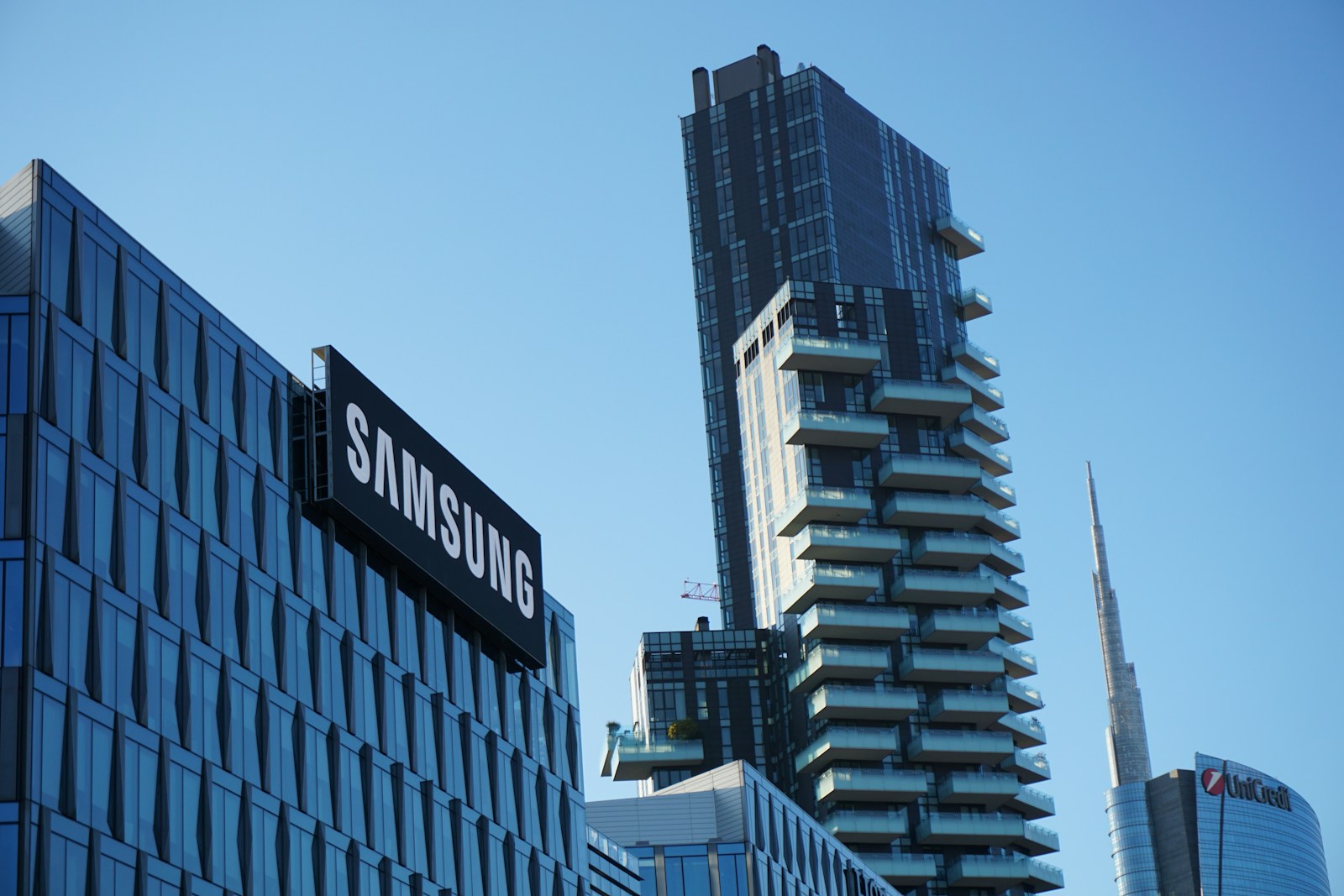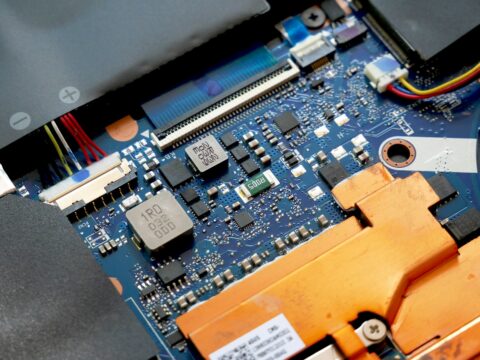Consumer Victory: Samsung Liable for Faulty Handset and Unfair Trade Practice

Introduction
The District Consumer Disputes Redressal Commission-I, Delhi, has delivered a significant ruling holding Samsung India Electronics and its authorized service centre jointly liable for deficiency in service and unfair trade practice. The case arose when a consumer’s newly purchased Samsung A35 smartphone developed defects within days of purchase, and the company refused replacement or refund despite its own “Dead on Arrival” (DOA) policy. The Commission’s decision reinforces that companies cannot impose arbitrary conditions, must honor warranty commitments, and highlights the strength of consumer rights under the Consumer Protection Act, 2019.
Background of the Case
On March 22, 2024, Mr. Doneshwar Arya[1] purchased a Samsung A35 smartphone from Croma for ₹30,999. Just three days after purchase, a line appeared on the display, indicating a defect. Despite multiple visits to Samsung’s authorized service centre, the issue remained unresolved.
Samsung’s “Dead on Arrival” (DOA) replacement policy promised a replacement within 14 days for manufacturing defects. However, the complainant was denied relief on the ground that the IMEI sticker was missing from the back of the handset, even though the IMEI was verifiable on both the device and the box.
With the defective handset retained by the service centre, Mr. Arya was compelled to purchase another phone, incurring additional expenses. He approached the District Consumer Commission seeking a refund, compensation for harassment, and litigation costs.
Court’s Findings and Legal Analysis
The Commission examined the complaint under the Consumer Protection Act, 2019, particularly focusing on Section 2(47), which defines unfair trade practices, and Section 2(11), which addresses deficiency in service. The key findings were:
- Submission within DOA Period: The complainant had approached Samsung within the 14 day Dead on Arrival (DOA) replacement window, submitting the handset along with the box and accessories as required.
- No Requirement for IMEI Sticker: Samsung’s warranty and replacement terms did not mandate that the IMEI sticker must be affixed to the handset. Denying replacement on this ground was arbitrary and unreasonable.
- Verification of IMEI: The IMEI number on the handset matched the IMEI on the box, proving the authenticity of the device.
- Deficiency in Service and Unfair Trade Practice: Refusing to replace or refund the defective handset was a violation of Section 2(11) (deficiency in service) and Section 2(47) (unfair trade practice) of the Consumer Protection Act, 2019. The Commission emphasized that companies must adhere to their own policies and cannot create procedural hurdles to evade liability.
- Joint Liability: The Commission held Samsung and its authorized service centre jointly and severally liable, while allowing Samsung to recover 50% of the awarded amount from the service centre.
Legal Significance
This judgment carries multiple legal implications:
- Reinforcement of Consumer Rights: Consumers cannot be denied relief based on arbitrary conditions absent in official warranty or replacement policies.
- Accountability of Manufacturers and Service Centres: Both manufacturers and their service centres are jointly responsible for ensuring compliance with advertised policies and consumer laws.
- Clarification on DOA Policies: The ruling confirms that Dead on Arrival policies must be honored strictly and any deviation without a legal or contractual basis constitutes unfair trade practice.
- Strengthening the Consumer Protection Act, 2019: The case highlights that the Act provides effective remedies against unfair trade practices, including refunds, compensation, and recovery of litigation costs. It also deters companies from creating unreasonable procedural hurdles that violate consumer rights.
- Precedent for the Electronics Market: Global brands and service centres are reminded that post-sale commitments must align with law, and consumer grievances cannot be dismissed on technicalities.
Order Passed
Based on the findings, the Delhi Consumer Commission directed Samsung India Electronics and its authorized service centre to:
- Refund the Cost of the Handset: Samsung shall refund ₹30,999, the full purchase price of the defective Samsung A35 handset.
- Compensation for Harassment and Litigation Costs: The companies were ordered to pay ₹25,000 to the complainant for mental agony, harassment, and legal expenses.
- Timeframe for Compliance: The refund and compensation must be made within 30 days from the date of the order.
- Interest on Delay: In case of non-compliance, Samsung shall be liable to pay interest at 9% per annum on the awarded amount until full realization.
- Recovery from Service Centre: Samsung may recover 50% of the awarded amount from its authorized service centre, which was found jointly liable.
The Commission emphasized that manufacturers and service centres cannot evade liability by creating arbitrary procedural requirements not mentioned in their policies, reaffirming the consumer’s right to timely redressal.
Author’s View
This judgment is a positive step toward strengthening consumer protection in India’s electronics market. It sends a clear message that global brands and their service centres cannot rely on internal procedural hurdles to deny legitimate claims under their own policies.
The ruling reinforces the importance of transparency, accountability, and adherence to warranty commitments, reminding companies that post-sale obligations are as important as product quality. For consumers, it demonstrates that the Consumer Protection Act, 2019, is an effective tool to challenge unfair trade practices, secure refunds, and claim compensation for harassment or inconvenience.
Overall, the case sets an important precedent: consumer rights must be respected, and companies must act in good faith, ensuring that redressal mechanisms are fair, prompt, and in line with the law.
For more details, write to us at: contact@indialaw.in
[1] CC/282/2024
By entering the email address you agree to our Privacy Policy.



